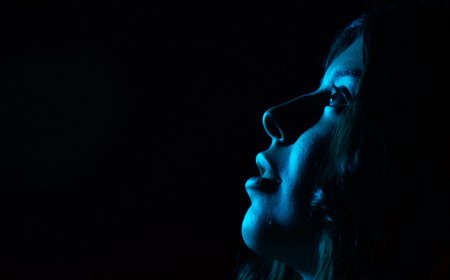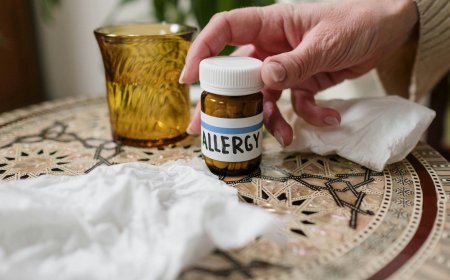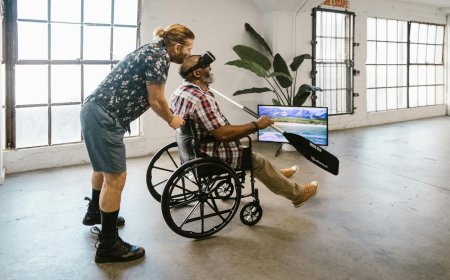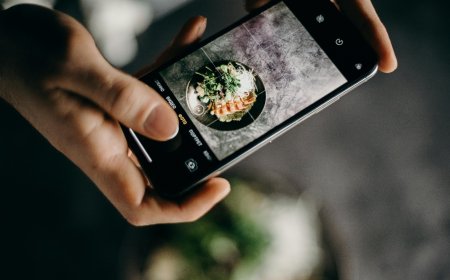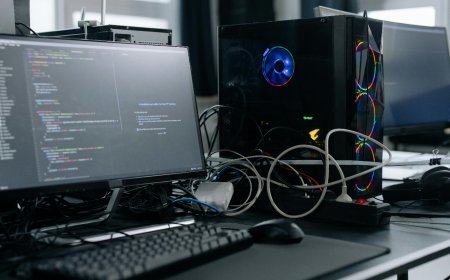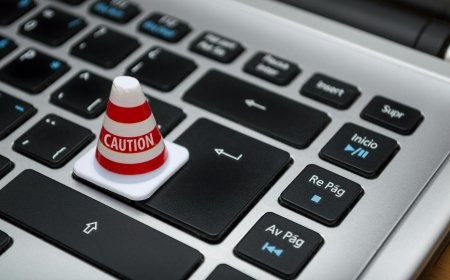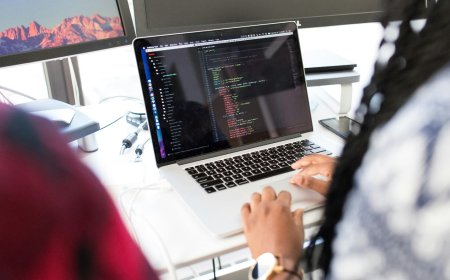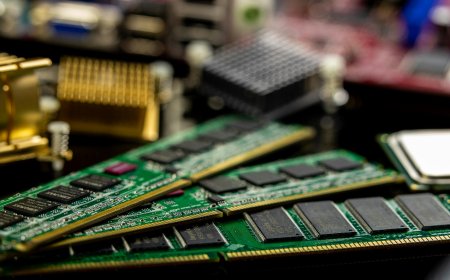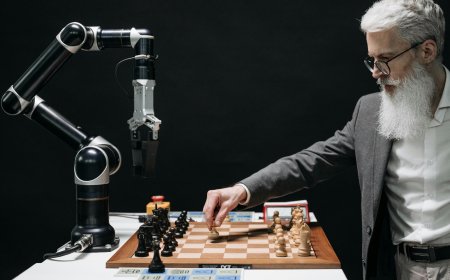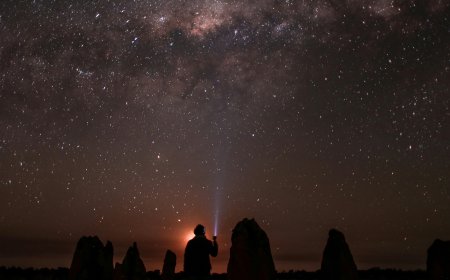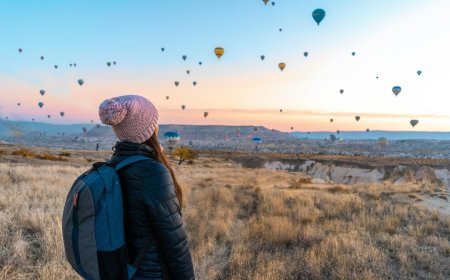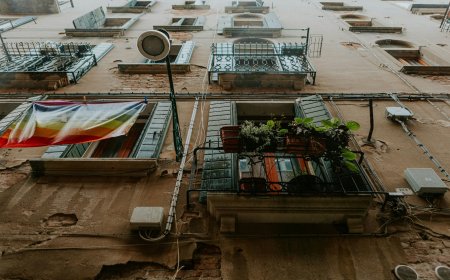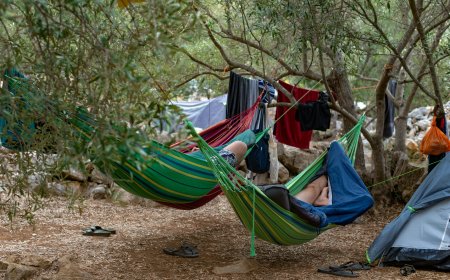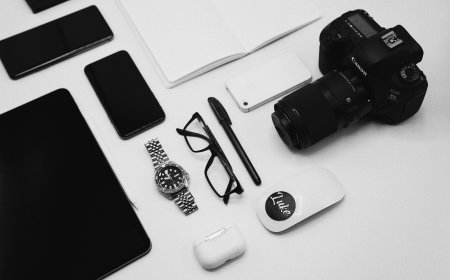The Impact of Blue Light on Sleep in Digital Age Insomnia
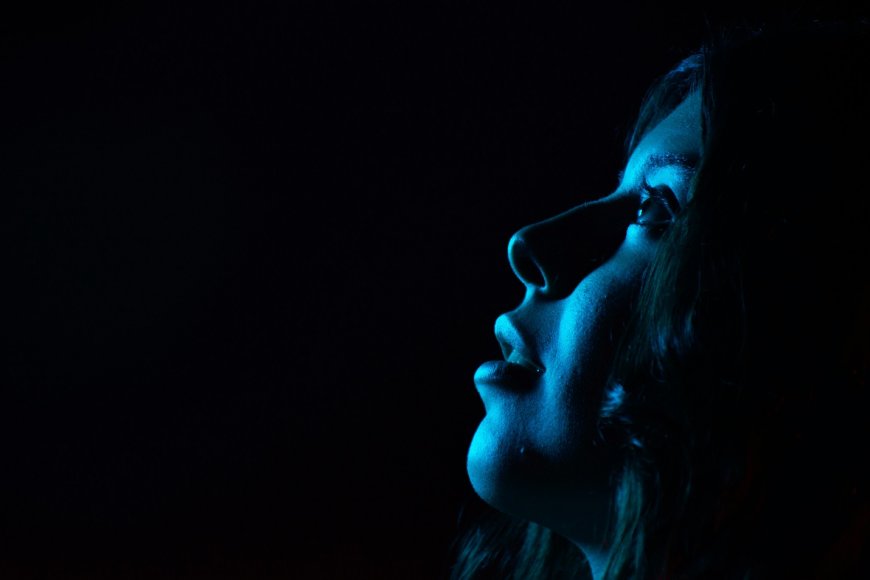
From cellphones and laptops to tablets and televisions, screens rule our lives in the digital age. These technologies expose us to an invisible but strong disruptor of sleep: blue light even while they provide convenience and connectedness. Emitted by both the sun and manmade screens, this high-energy visible light profoundly affects our general health and sleep quality. Fighting modern-day insomnia requires an awareness of its effects and a change of course toward lessening its influence.
How Blue Light Affects Sleep
Our sleep cycle, the body's internal clock controlling when we feel awake or asleep, is greatly regulated by blue light. Natural blue light from the sun increases mood and sharpens awareness during the day. But too much artificial blue light—especially in the evening—can disrupt sleep habits.
Melatonin reduction is the main process causing this disturbance. Made in the brain, melatonin is a hormone that tells the body to get ready for sleep. Blue light exposure lowers general sleep quality by suppressing melatonin synthesis, therefore postponing the beginning of sleep. Blue light, unlike other wavelengths of light, passes far into the retina and informs the brain it is still sunlight. People exposed to blue light before bed may thus have trouble falling asleep and shorter deep sleep phases.
Studies have demonstrated that even brief pre-bedtime blue light exposure can greatly reduce deep sleep, the restorative phase essential for memory consolidation and physical recovery. Along with grogginess, this disturbance has long-term effects on health including higher stress, compromised immunity, and poor cognitive performance.
The Digital Age Dilemma
The introduction of digital technology has practically guaranteed blue light exposure. Daily life now consists mostly of smartphones, tablets, laptops, and LED lights. Late into the night, many people utilize these devices for socializing, entertainment, or job-related purposes. Sadly, this behavior starts a vicious cycle of inadequate sleep hygiene.
Further aggravating the issue is digital addiction. It's even more difficult to relax as scrolling through social media or binge-watching shows often triggers the brain emotionally and cognitively. Blue light exposure combined with this overstimulation generates the ideal storm for sleeplessness. Children and teenagers, whose eyes are more sensitive to blue light, also are especially prone to the negative consequences of extended screen usage.
Strategies to Minimize Blue Light Exposure
To combat digital-age insomnia effectively, individuals must adopt proactive strategies to limit blue light exposure and promote better sleep hygiene. Here are practical approaches:
1. Implement a Digital Curfew
Establishing a digital curfew—that is, a time each evening to cut off from screens—is among the easiest but most powerful techniques. This should ideally come one to two hours before bed. This helps your brain to enter a relaxed condition fit for sleep.
2. Use Blue Light Blocking Tools
Technology itself offers solutions to mitigate its impact:
1. Blue Light Blocking Glasses: These glasses filter out harmful blue wavelengths without affecting screen visibility.
2. Screen Filters and Software: Many cellphones and PCs today include built-in "night mode" options that cut blue light output. Apps like Flux or Iris may vary screen lighting depending on the time of day.
3. Opt for Low-Blue Light Lighting
Changing low-blue-light alternatives for regular LED bulbs can help to make a home more sleep-friendly. Excellent evening choices include warm-colored lights or red nightlights.
4. Create a Sleep-Friendly Environment
Keeping digital gadgets out of the bedroom will help cut temptations and distractions right before bed. Using blackout curtains or an eye mask will also help to dim your room, so boosting melatonin generation.
5. Practice Relaxation Techniques
Relaxing with meditation, deep breathing exercises, or reading a physical book can offset the stimulating power of digital devices. These techniques tell your body it's time to relax.
6. Monitor Digital Content
Before sleeping, consider what you view on screens. Steer clear of emotionally charged material including scary films or contentious internet arguments that could raise stress levels.
The Role of Awareness and Education
Dealing with this increasing problem requires increasing knowledge of how blue light affects sleep. Many people still don't know that their evening screen habits can undermining their sleep. Public health campaigns stressing the need for sleep hygiene in line with sensible technology use could inspire better practices.
By establishing screen time limits and supporting offline activities before bed, parents significantly help shield youngsters from too much blue light. Lessons on digital wellness can also be included in courses in schools to inculcate good practices early on.
The Science Behind Solutions
Scientific studies reinforce the efficacy of these strategies in improving sleep quality:
1. Those who used daylight or wore blue-light-emitting spectacles before bed had noticeably better deep sleep ratios as compared to those exposed to other forms of lighting.
2. Likewise, those who followed digital limits said their subjective sleep quality was better than those who kept using screens late at night.
These findings highlight that even small changes in daily routines can yield substantial benefits for sleep health.
Conclusion
Managing blue light exposure has become more important than ever in our hyperconnected world of always-present screens in preserving normal sleep patterns. Individuals can recover peaceful evenings by knowing how blue light interferes with melatonin production and implementing sensible plans including digital curfews, blue-light-blocking devices, and relaxing practices.
Sleep is fundamental to emotional resiliency, physical health, and cognitive performance as well as a passive pastime. Dealing with digital-age insomnia calls for both individual dedication and more general society campaigns for sensible technology consumption. One screen-free evening at a time, by giving sleep hygiene top priority now, we open the path for better tomorrows.
What's Your Reaction?
 Like
0
Like
0
 Dislike
0
Dislike
0
 Love
0
Love
0
 Funny
0
Funny
0
 Angry
0
Angry
0
 Sad
0
Sad
0
 Wow
0
Wow
0

